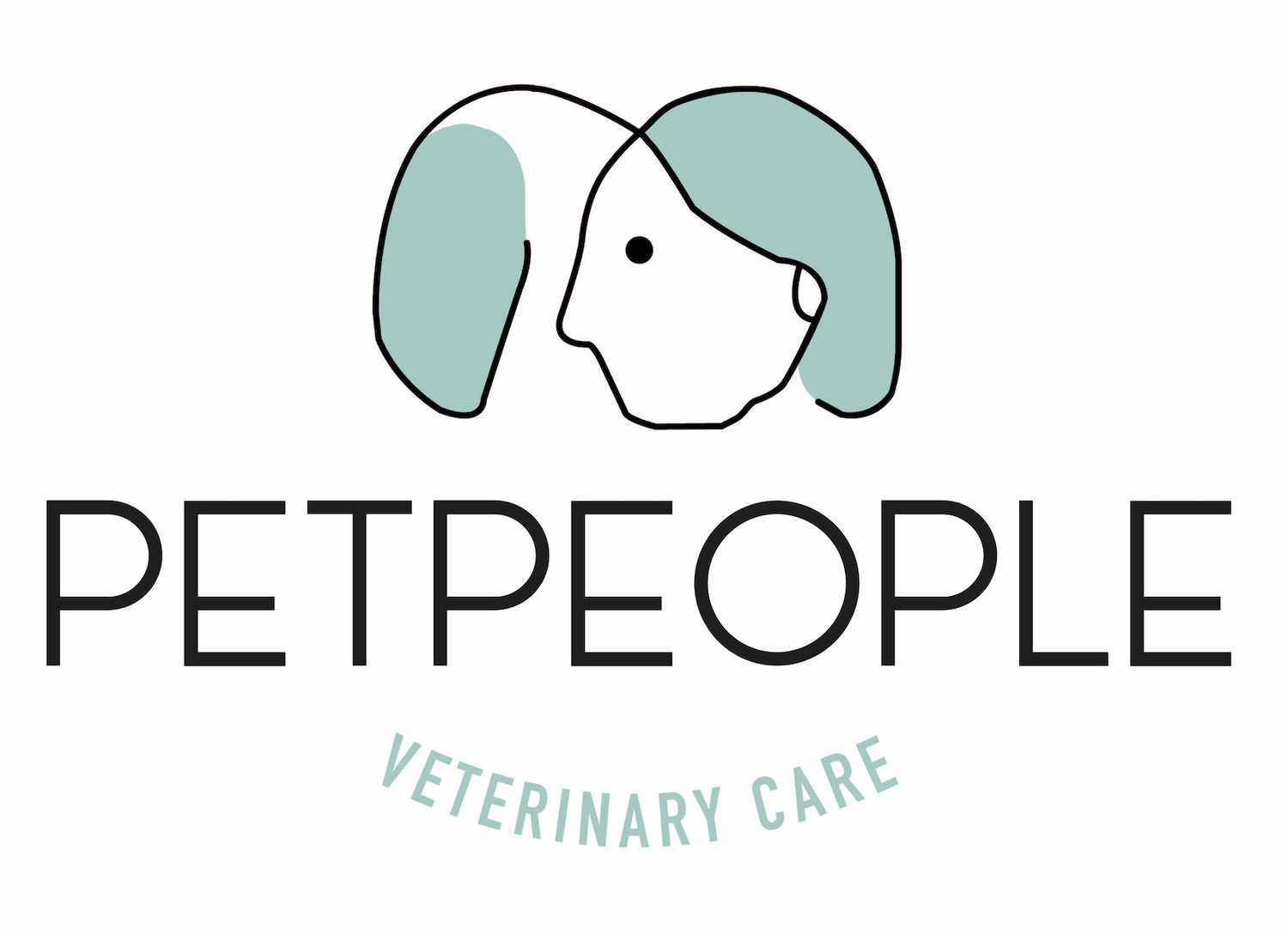Dental Care
Comprehensive Oral Health Assessment & Treatment (COHAT)
A healthy mouth is essential for a happy, healthy pet. Dental disease is one of the most common yet overlooked health issues in cats and dogs. Left untreated, it can cause pain, infection, and even impact vital organs like the heart, liver, and kidneys.
Our Comprehensive Oral Health Assessment and Treatment (COHAT) is the gold-standard approach to pet dental care, ensuring thorough assessment and treatment with the highest level of safety and expertise.
Why Is Dental Care Important for Pets?
Just like humans, pets need regular dental care. Over time, plaque and tartar build-up can lead to periodontal disease, a painful condition that affects the gums, teeth, and jawbone. Many pets suffer in silence, as they instinctively hide discomfort.
Signs Your Pet May Have Dental Disease
Bad breath
Yellow or brown tartar on teeth
Red, swollen, or bleeding gums
Difficulty eating or chewing
Excessive drooling
Wobbly or missing teeth
Pawing at the face
Weight loss
Increased incidence of oral cancer.
If you’ve noticed any of these signs, it’s time to book a dental check with one of our vets or nurses, use the button below
What Is a COHAT?
COHAT stands for Comprehensive Oral Health Assessment and Treatment. Unlike a simple scale and polish, a COHAT is a thorough, professional dental procedure performed under general anesthesia to diagnose and treat dental disease.
Why Is COHAT the Best Dental Care Option?
Prevents pain and infection – Treating issues early prevents discomfort and more serious infections.
Protects overall health – Bacteria from dental disease can enter the bloodstream, affecting major organs.
Goes beyond what’s visible – X-rays detect problems beneath the gumline that can’t be seen during a routine check-up.
Improves quality of life – Many pets are happier, more playful, and eat better after treatment.
What Happens During a COHAT?
-
A thorough health examination and blood tests ensure your pet is fit for general anesthesia. We use modern, safe protocols tailored to your pet’s needs.
-
For a complete and pain-free dental exam, pets need to be fully anesthetised.
This allows us to:
✔ Take full-mouth dental X-rays
✔ Clean below the gumline
✔ Treat any hidden issuesYour pet is carefully monitored by our experienced veterinary team throughout the procedure.
-
Many dental problems are hidden beneath the gums.
X-rays help detect:
Bone loss
Abscesses
Tooth fractures
Painful resorptive lesions
-
✔ Ultrasonic scaling removes plaque and tartar above and below the gumline.
✔ Polishing smooths the enamel to slow future buildup.
✔ Extractions (if needed) safely remove diseased teeth to prevent pain and infection.
✔ Gum treatment addresses gingivitis and periodontal disease. -
Most pets go home the same day and recover quickly. We provide a detailed home care plan with advice on brushing, diet, and long-term dental health.
FAQs About COHAT & Pet Dental Care
Is a COHAT safe for my pet?
Yes!
We use advanced anesthesia protocols, continuous monitoring, and pain management to ensure your pet’s safety and comfort at all times.
How often should my pet have a dental check?
Your pet’s teeth should be examined at least once a year during routine check-ups. If your pet is prone to dental disease, a check-up every 6 months is recommended.
How can I care for my pet’s teeth at home?
Brushing with pet-safe toothpaste (starting from a young age is ideal).
Dental diets and water additives to reduce plaque buildup.
Avoid high-fat dental chews with minimal benefits - speak to your vet for the best options.
What happens if my pet needs extractions?
If a tooth is too damaged or diseased, removal is the best option to prevent further pain and infection. Pets recover quickly, and most feel much better once painful teeth are gone.
How much does a COHAT cost?
The cost varies depending on your pet’s needs. We provide clear, upfront pricing with no hidden fees. Investing in dental care now can prevent costly complications later.
Contact us for a personalised estimate.
Book a Dental Check Today
If your pet has bad breath, red gums, trouble eating, or is due for a check-up, don’t wait - book a dental consultation today.
Investing in your pet’s dental health now ensures a happier, healthier life.



